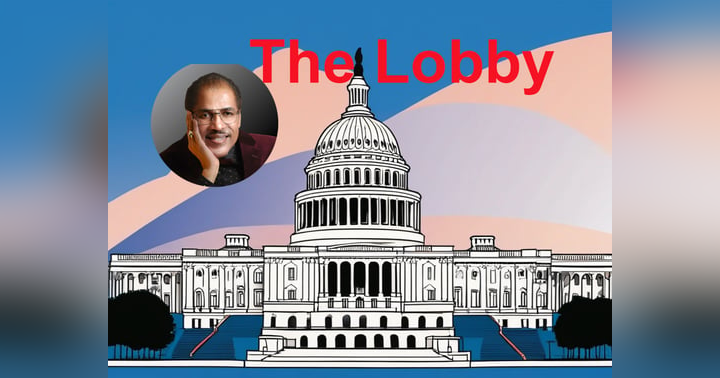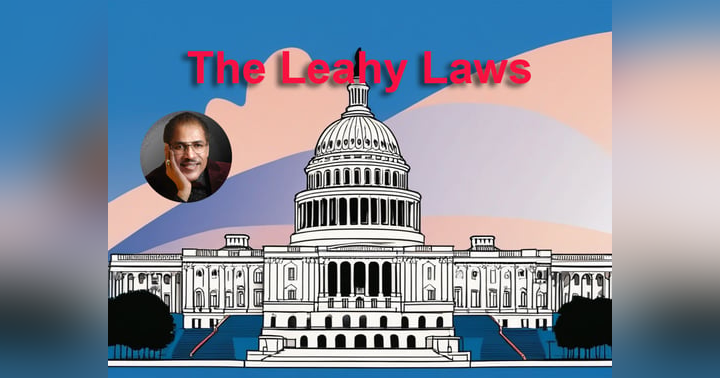Is Global War On The Horizon

Is Global War On The horizon?
The current geopolitical landscape is fraught with tension and instability, as escalating conflicts in Gaza, northern Israel with Hezbollah, and the Ukraine war with Russia continue to dominate. These conflicts present a potential powder keg that could have far-reaching implications for global security and relationships.
One of the key issues at play is the perceived double standards in the US approach towards Israel and Ukraine. In the case of Israel, the US has traditionally been a staunch ally, providing military and diplomatic support despite human rights abuses and violations of international law This has been a source of contention for many in the international community who view the US as turning a blind eye to Israel's actionsOn the other hand, the US has taken a more critical stance towards Russia's actions in Ukraine, imposing sanctions and condemning its annexation of Crimea. This discrepancy in the US response has raised questions about the consistency and fairness of its foreign policy, leading some to accuse the US of hypocrisy and selective outrage.
The broader implications of these conflicts extend beyond the immediate region, with the potential to destabilize global security and diplomatic relationships. The escalation of violence in Gaza and Israel has already sparked protests and condemnations from around the world, raising fears of a wider conflict. Similarly, the ongoing conflict in Ukraine has strained relations between Russia and the West, leading to a precarious standoff that could spiral out of control.
The potential for a global war scenario is a real concern, given the volatile nature of these conflicts and the interests at stake. Factors such as external intervention, miscalculations, and the proliferation of advanced weapons could all contribute to a wider conflagration. However, there are also factors that could mitigate such a situation, such as diplomatic efforts to de-escalate tensions, international pressure to uphold international law, and a renewed commitment to dialogue and negotiation.
In conclusion, the current geopolitical landscape is marked by escalating conflicts in Gaza, northern Israel with Hezbollah, and the Ukraine war with Russia. The perceived double standards in the US approach towards Israel and Ukraine raise important questions about consistency and fairness in foreign policy. The implications of these conflicts for global security and diplomatic relationships are significant, with the potential for a wider conflict looming large. It is crucial for all parties involved to exercise restraint, engage in constructive dialogue, and work towards a peaceful resolution to avoid the catastrophic consequences of a global war.



